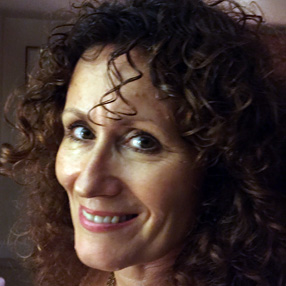
Election season is dragging.
No last-minute public holiday announced for today’s local election. Shame, we could have all done with a day off to escape the heat.
It’s hot, sticky and dusty. Unusually there is also a strong wind, firing dust and dirt across the road as we walk. The clean floors of the house are dirty within minutes and have to be laboriously mopped – thankfully not by me – every day.
Our compound is blocked in by various lines of Electoral Commission (EC) tape. Our little close is sealed in, to left and right. It feels like a crime scene and I hesitate to cross.
I want to take a photograph of the ladies sat in the middle of the road under enormous umbrellas but the army officer doesn’t allow me to. The sun is harsh, it must be 37° today.
As I open our compound gate, I see a large cow has broken through one of the tape cordons and is approaching the polling station. (I’ve heard about the ‘ghost voters’ but who sent in the cows?)
I don’t understand why there are three polling stations within a 100 metre stretch along our road. Enid explains that it’s for security reasons: monitoring the stations and overseeing the counting of the votes at the end of the day is much easier. So, it’s good for transparency but perhaps not quite so good for the voters who have to walk from all over the neighbourhood to this one area.
Later in the day, I pause to watch what’s going on at the polling station at the end of my road. We English would say we’re being nosy; for Ugandans, standing and watching, sometimes for hours and hours without saying anything, is quite normal behaviour.
The count is underway. An EC lady rep holds a pile of the enormous ballot papers, printed with colour photographs of candidates down the left-hand side of the sheet. As she removes the papers from the large plastic ballot boxes, she calls out the name of the candidate and hands it to one of a group of half a dozen Electoral Commission assistants standing around her. It’s a system, but it’s slow.
With the voting over for today, groups of young schoolboys trudge home in their bright yellow shirts and baggy bottle green shorts, each one carrying a heavy black rucksack full of books. On the path up the hill another group of people crowd around the next polling station: schoolboy passers-by, a soldier, boda boda drivers and I all stand to watch. The system at this second polling station is much less organised.
We’ve all become used to the increased security presence everywhere.
There are truckloads of police and soldiers. I was quite gobsmacked at the sight and sheer number of armed soldiers, in full body armour, standing sentry outside Centenary Park on the evening of the President’s (re)election celebration bash. The guns were lowered and the soldiers looked quite relaxed.
Politics and hot weather have in the past proved to be too hot to handle in Uganda. The infamous Dr Stockley commented that riots normally happen in March or September, the hottest times of the year. It’s no wonder President Museveni’s taking no chances.
In the mean time, Dr Ian Clarke, Stockley’s erstwhile chum has been the first muzungu to hold the position of L.C. (Local Councillor) III in Makindye, a Kampala suburb. He will now effectively be Mayor and govern a quarter of the capital city. Here’s the New York Times take on this interesting development.
*No I’m not being rude … many Ugandans from the south west get their Ls and Rs confused.


























Excellent Charliebeau. So interestng and so professional. I am sure UCF are going to mss you!